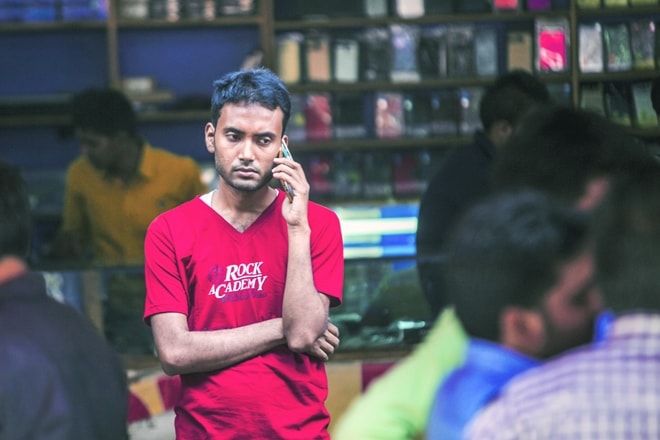At a time when ‘innovation’ is a buzzword and almost every Indian entrepreneur is talking about it, here comes a book that explores it in the Indian context. In Crooked Minds: Creating an Innovative Society, author Kiran Karnik takes a pragmatic view of innovation—and its subset jugaad—and addresses key challenges in setting up a culture of innovation in a company, state or society.
Why should individuals, organisations or governments innovate? Is it not risky to abandon well-proven ways for an unknown, unproven approach? Is innovation the holy grail to survive in a competitive market? What are the factors that drive innovation? How can innovation be promoted? Where does India stand vis-à-vis other countries? This book answers all these questions and more.
Karnik covers many facets of innovation, from business models and processes to disruptive ideas, crooked thinking and creative cheating. The book has stories of innovation stalwarts such as Uber and Airbnb, which disrupted the way business is conducted in the fields of public transport and hospitality by connecting unused resources with potential users. In the Indian context, however, the two really fascinating examples are the ‘missed call’ innovation by ZipDial and the Mumbai Insurance Scheme for people who travel in local trains in the city.
The missed call innovation is truly an Indian way of finding maximum value for any investment. It was, however, not thought of by an Indian, but an American—Valerie Wagoner, the founder of ZipDial, which was acquired by Twitter in 2015 (ZipDial provides a dedicated number to its clients who then publish this number in their print and media ads, enabling interested consumers to connect with them via a missed call). Its success can be gauged from the fact that by 2015, it engaged nearly 60 million users and had more than 500 clients such as Procter & Gamble, Cadbury, Colgate, MakeMyTrip, Amazon and Uber, among others.
Another interesting and innovative business model based on the Indian mindset of ‘beating the system’ is the Mumbai Insurance Scheme. The scheme insured travellers against the chance of getting caught and fined for ticketless travel on the Mumbai local at a monthly premium. Every insured ticketless traveller who got caught had to produce an official proof of paying the fine, which would get reimbursed by the insurer. The scheme, in a way, promoted ticketless travel and ended post crackdown. A similar model, however, still exists in Stockholm.
Karnik writes that these examples raise the question whether crooked minds are actually innovative. Innovation, after all, means something that’s different from what exists—it could be a product, process or model. Also, individual innovation can sometimes be socially regressive. To address this dilemma, he explains how one should channelise out-of-the-box thinking for broader organisational and societal good, with various initiatives to boost individual creative ideas and, in turn, the start-up ecosystem. To create the right policy framework and ecosystem for innovation, he says, the role of states and cities is equally important as that of the Centre.
Among many factors that drive innovation in India, adversity has been an important one. Adversity, however, mostly triggers jugaad. From a long-term point of view, the focus should be on promoting the fuller and sustainable form of innovation, writes Karnik, emphasising the role of industry, government and academia in promoting an innovative society.
You may also like to watch this video
Crooked Minds is a must-read book for aspiring entrepreneurs, students, policymakers or anyone interested in innovation.









